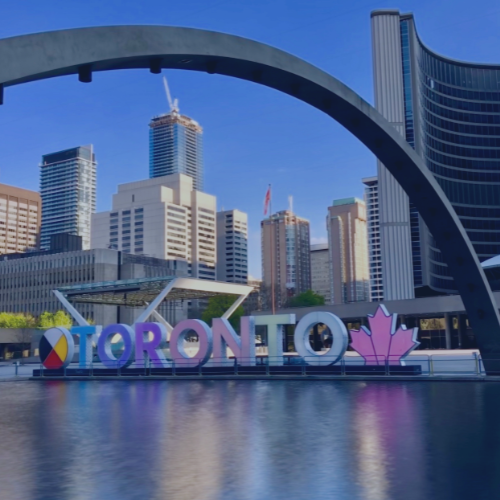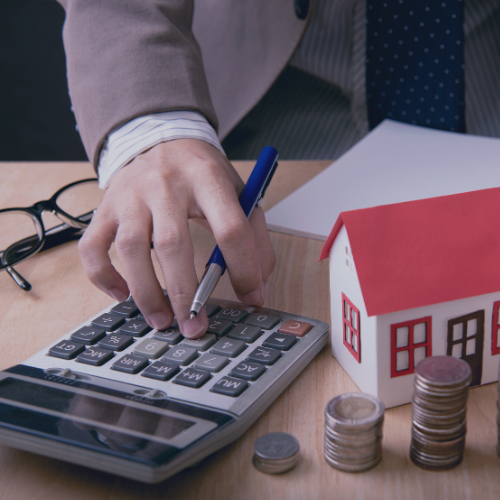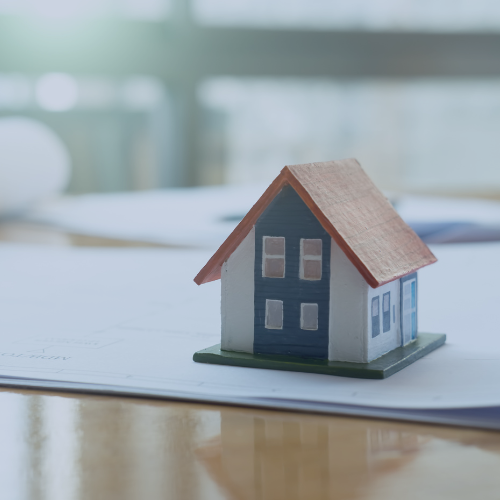If you are not sure whether your house is a long-term rental, short-term rental or Airbnb, and you are worried that you will report the wrong tax, then the content of this video will definitely help you.
In order to help you better understand the differences in tax treatment between long-term rental, short-term rental, Airbnb and homestay, I would like to briefly explain a few concepts first, and then I will give you a detailed analysis using Ms. Ye’s rental business as an example.
First of all, in terms of the length of time, a lease of more than 30 days is called a long lease; a lease of less than 30 days is called a short lease.
Secondly, in terms of income categories, if you simply rent out the house and do not provide the tenants with more than three optional services, such as breakfast, pick-up, cleaning, laundry, etc., then it basically belongs to rental income, and when filling out the tax form, you fill out Form T776; otherwise, it is equivalent to running a business, and the income will be counted as operating income, and you will fill out a different tax form, Form T2125.
The third question is whether or not there is HST. Only hotel-style accommodation and homestays like Airbnb can have HST. As long as your annual income exceeds $30,000, you must register and collect HST. However, if you rent a house for a year and don’t provide any other services, it is considered as not having HST. No matter whether your income exceeds $30,000 or not, it has nothing to do with HST. One more thing to add is that homestay is self-employed, and all income is counted as self-employed income. There is no such thing as having both self-employed and rental income. Don’t forget this.
These three points are just basic concepts, and you may still be a little confused. Let me use Ms. Ye’s rental story to see how she should file taxes at the end of the year.
Ms. Ye has a three-bedroom house in Niagara Falls. When she bought it, she valued the beautiful scenery and the fact that it is a tourist destination with no trouble renting. From January to April 2019, Ms. Ye's house was used as a homestay for two Chinese students who came to Canada to participate in an exchange program. In addition to providing accommodation, Ms. Ye also covered meals, transportation, cleaning, and some daily visits and entertainment activities.
Because the exchange program for these two students ended at the end of April, Miss Ye thought that the house could not be left empty afterwards, so at the end of April, she listed the house on the Airbnb platform, planning to start short-term rentals on Airbnb from May. Since the house is in a good location and the interior is well decorated, plus there are many tourists coming to Niagara Falls for vacation in the summer, the orders came flooding in, and it was quickly booked up from May to August. Miss Ye also plans to go on vacation elsewhere during this time, but she still provides guests with services such as pick-up, cleaning, and breakfast. What makes Miss Ye very happy is that due to the good income from homestay and Airbnb, Miss Ye's house has earned more than 30,000 by July. So do you think Miss Ye needs to register for HST at this time?
At the beginning, I mentioned that homestay and airbnb are both businesses subject to HST. So no matter whether your annual income reaches $30,000 or not, even if you don’t have any income yet, as long as you plan to do homestay or airbnb, you can register for an HST tax number. If your annual income reaches $30,000, you must register for HST. This is the difference between being able to and having to. So when is the best time to register? If you think that doing this kind of business is profitable, of course, the sooner the better, because with a tax number, you can apply for a tax refund for some of the initial investments, such as decoration, buying some necessities, etc.; and if you start to make money, when the HST in the expenses is greater than the HST collected from the tenants, then there is also a tax refund. Of course, it depends on whether you also live in it. If so, the expenses and HST need to be calculated according to the actual proportion of self-occupancy and rental.
Let's continue. In September, Ms. Ye accepted a long-term lease offer for one year, starting from September 1. This long-term lease is a common rental. Ms. Ye does not live in the house and only collects rent every month. Then this income is easy to understand, it is rental income, which has nothing to do with HST.
In this way, Miss Ye's three-bedroom apartment has been rented out in three ways in a year: long-term homestay, short-term Airbnb, and ordinary long-term rental. So how should she file her tax return at the end of the year?
First of all, homestay and airbnb are the ones that can declare HST. As for when to start calculating, it depends on when Ms. Ye registered the HST tax number. If she registered the HST tax number on January 1, then the calculation time for HST is January to August; if she registered for HST on July 1, when her income reached 30,000, then the calculation time is two months, from July to August.
The next step is how to fill out the income and expenditure tax forms correctly. Because homestay and Airbnb are generally considered self-employment, and the income is business income, Ms. Ye should fill out Form T2125 for homestay income from January to April and short-term Airbnb rentals from May to August. The remaining months from September to December are ordinary long-term rentals, and she should fill out Form T776 without a doubt. As for expenses, they follow different incomes and are filled in on different tax forms accordingly. It should be noted that if Ms. Ye also lives in the place, then it needs to be calculated in proportion, which is the same as calculating HST.





